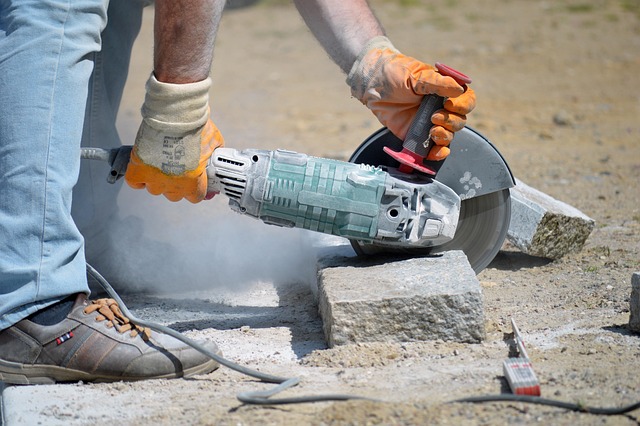10 Essential Tips for DIY Workshop Construction
Building your own workshop can be an incredibly fulfilling project. Whether you’re a woodworker, an artist, or just someone who enjoys crafting and tinkering, having a dedicated space can transform your creative process. Workshop construction isn’t just about setting up a space; it’s about creating an environment that inspires you and meets your unique needs. Here are ten essential tips to help you on your DIY journey.
1. Define Your Purpose
Before you dive into workshop construction, spend some time considering what you want to accomplish in your new space. Will you be focused on woodworking, metalworking, or maybe even crafting DIY electronics? Understanding your primary purpose will guide your design choices.
2. Choose the Right Location
Finding the perfect spot for your workshop is crucial. Look for an area that is easily accessible yet separate from your living space to minimize distractions. A garage, basement, or even a shed can serve as a great foundation for your own creative sanctuary.
3. Plan Your Layout
Good workshop construction starts with a solid plan. Sketch out a layout that optimizes space for tools, materials, and work surfaces. Think about workflows: how will you move from one task to another? Ensure you have enough room to maneuver and that everything is within reach.
4. Invest in Quality Tools
Tools are the heart of any workshop, so opt for quality over quantity. While it may be tempting to buy a lot of tools, it’s better to have a few reliable ones that you can depend on. Prioritize essential tools relevant to your work and build your collection over time.
5. Ensure Proper Lighting
A well-lit workshop is essential for safe and efficient work. Natural light is ideal, but you should also incorporate bright, adjustable artificial lighting to ensure every corner of your workshop is illuminated, especially during late-night projects.
6. Create Organized Storage Solutions
Clutter can derail your creativity and productivity. Incorporate smart storage solutions to keep your tools and materials organized. Use pegboards, shelving units, and bins to create a system that works for you, making everything easy to find and put away.
7. Prioritize Safety
Safety should be your number one priority in any DIY workshop construction project. Invest in necessary safety gear—gloves, masks, goggles—and make sure to keep fire extinguishers and first aid kits readily available. Familiarize yourself with the safety protocols associated with your tools.
8. Plan for Dust Control
Dust and debris can be serious issues in a workshop environment. Implement dust control measures such as dust collection systems, ventilation fans, and regular cleaning schedules to maintain a healthier workspace and prolong the life of your tools.
9. Incorporate Work Surfaces
Having adequate workspace is essential for any DIY enthusiast. Invest in a sturdy workbench and consider additional surfaces for various tasks. Customizable work surfaces such as foldable tables can help maximize space.
10. Personalize Your Space
Your workshop should reflect your personality and style. Decorate with inspiring visuals, hang up your favorite projects, or personalize your tools with unique stickers. This personal touch will make your workshop a more inviting and motivating space to work in.
With these ten essential tips, you’re well on your way to creating the DIY workshop of your dreams. Embrace the journey of workshop construction and let your creativity flourish in a space all your own!
